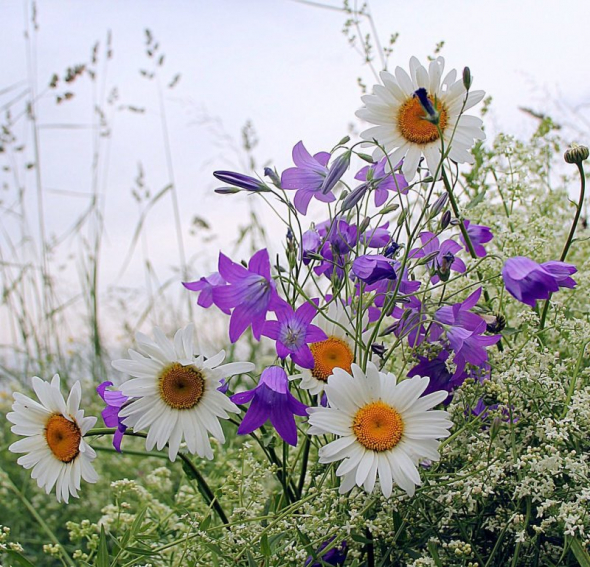Дата урока-21.09.2020
Тема урока: “Multicultural Britain”
Тип урока: Комбинированный урок
Цель урока: формирование иноязычной коммуникативной компетенции обучающихся 11класса в рамках изучения темы «Многонациональная Великобритания»
Образовательные задачи:
познакомить учащихся с зарубежной культурой;
развивать языковую догадку при просмотре видеороликов и ответах на вопросы;
совершенствовать лексические и грамматические навыки и умения в основных видах речевой деятельности:, говорения (ответы на вопросы), письма (выполнение проектной деятельности на уроке);
формировать универсальные учебные действия при выполнении заданий.
Развивающие задачи:
- развивать умения работы в парах, группах;
- развивать способности к ответам на вопросы, к умению слушать и воспринимать информацию, формулировать из нее выводы.
Воспитательные задачи:
- способствовать развитию языковой догадки, мышления;
- формировать толерантную личность;
- формировать поликультурную личность и подготовить обучающихся к межкультурной коммуникации.
Ход урока
1.Организационный момент урока
-приветствие
Teacher (T): Good morning, students! I’m glad to see you.
Ss: Good morning!
2. Введение в иноязычную речь урока
Речевая разминка
Do you have friends?
What nationality are they?
Do you know people of other nationalities?
What kind of people are they?
What do you think about them?
Look at the screen,. There are some pictures. (На экране учащиеся видят картинки, связанные с темой урока. Они видят людей различных национальностей).
What can you see there?
What can we associate with people from different countries?
Well, what do you think about Crimea? Are there lots of people who have different cultures?
Who are they?
So today, we are going to talk about such country. First, listen to the national anthem of this country and try to guess the name of it. Did you guess? No? Well, look at the screen, please. There are some hints for you. What country is it? Of course, it is Britain, so today we are going to talk about multicultural Britain because we can see many different cultures in this country.
Aims and tasks of the lesson
3. Основная часть урока.
Task 1 p.21 The pie chart tells us about the variety of races that have found a home in Britain. Half of Britain's ethnic population is Asian, a quarter is Black, 15 % is of mixed race, 5 % is Chinese and 5% is something else.
Task 2-ex.2 p.21
Brush up your active vocabulary
1.community - община, сообщество
2.generation – поколение
3.make up the majority - составлять большинство
4.origin - происхождение
5.pick on - дразнить
6.diverse- различный, разнообразный
7.E.U. - Европейский союз
8.bring up- воспитывать, растить
9.integrated – комплексный
10. be unheard of - быть неизвестным
11.mixed race marriage - брак между представителями разных рас
12.household name - широко известная личность
1 Jerome
2 Li
3 Rupa
4 Jerome
5 Rupa
Task 3-ex.3 p/21
community: people of shared national identity (сообщество: люди схожей национальности)
generation: period of 25-30 years/people of a similar age (поколение: период 25-30 лет/люди похожего возраста)
make up the majority: be the largest in number (составлять большинство: быть большими по количеству)
origin: ancestry (происхождение: родословная)
picked on: bullied (насмехаться)
diverse: made up of a wide variety of things (разнообразный: составлен из большого разнообразия вещей)
E. U.: European Union (ЕС: Европейский союз)
brought up: raised from childhood (воспитан: воспитан с детства)
integrated: connected to the host community (объединен: связан с домашним сообществом)
unheard of: not known (неслыхан: неизвестен)
mixed race marriages: husband and wife from different ethnic groups (смешанные межрасовые браки)
household names: everyone has heard of (домашние имена: каждый слышал о)
Task4 – ex.4 p.21
Interviewer: How would you describe your nationality?
Rupa: I'm third generation British-Indian.
Interviewer: Why did your family move to Britain?
Rupa: To work in a factory.
Interviewer: When did they come to Britain?
Rupa: In 1962.
Interviewer: What language do you speak at home?
Rupa: Gujarati.
Interviewer: Do you spend a lot of time in the Indian community?
Rupa: Yes, I do. I enjoy taking part in all of our celebrations - weddings and Hindu festivals. But I also have friends that are not Indian.
Interviewer: How would you describe your nationality?
Li: I always call myself British because I live in Britain but I am of Chinese origin.
Interviewer: Where do you live?
Li: I live in Newham in East London - it's great!
Interviewer: What do you like about living in Newham?
Li: It is culturally diverse.
Interviewer: Where are you from?
Jerome: I was born in Birmingham, England. But my parents are from The Caribbean, from Jamaica.
Interviewer: How would you describe the Caribbean community?
Jerome: I would say it is well integrated. A lot has changed since the 1940s when there was a lot of racism.
4. Заключительная часть урока
-д.з
There are so many interesting things in the world connected with multiculturalism. Next lesson you will tell us about something really important and useful. That’s why you will work in groups and prepare a presentation or a report about multiculturalism. It can be ‘multicultural cuisine in different countries’, ‘advantages and disadvantages of multiculturalism’ etc. You can use magazines, TV-programmes, and the Internet, of course.
-рефлексия
T: Our lesson comes to its end. Tell me, please, what do you know about Britain today?

















